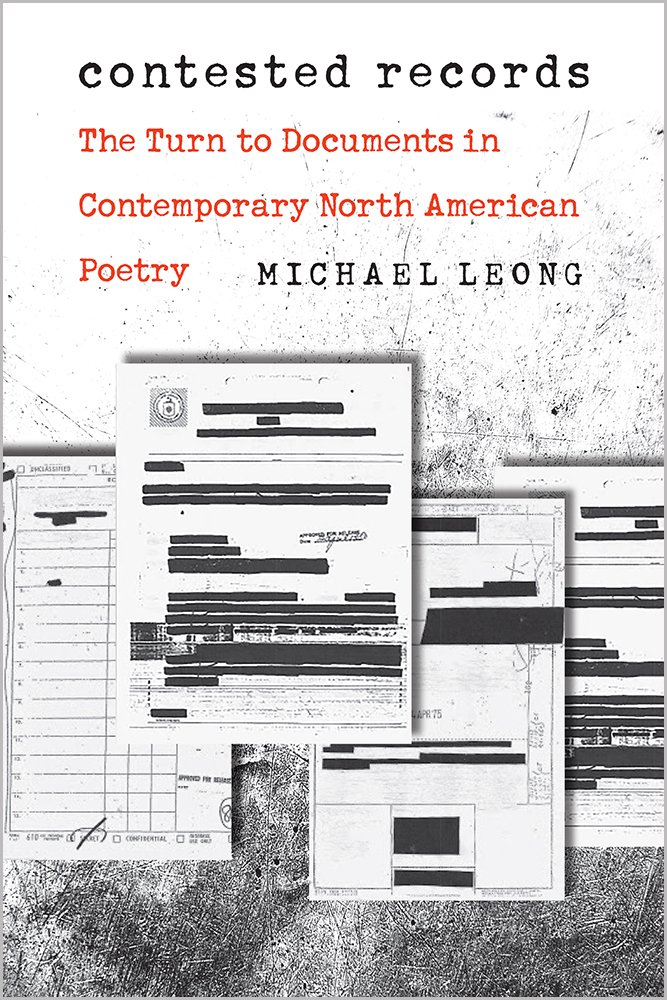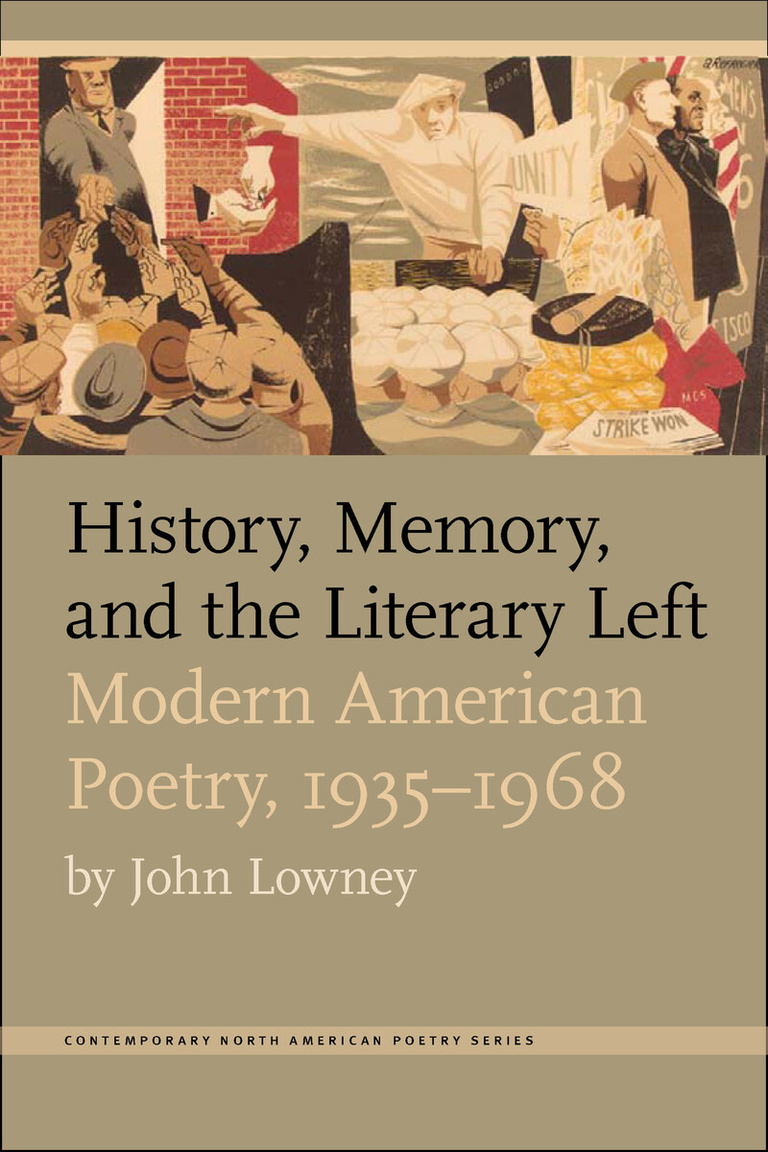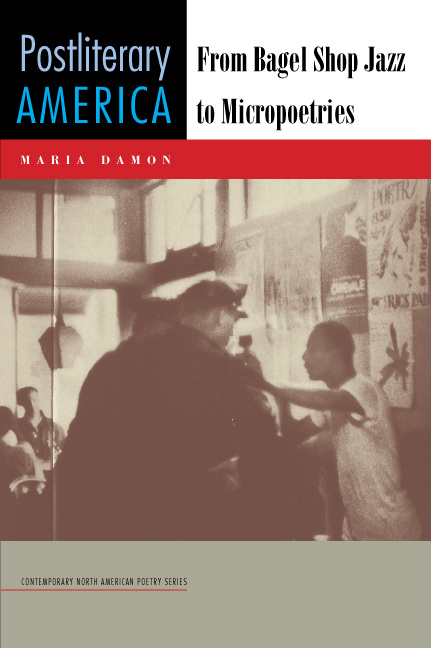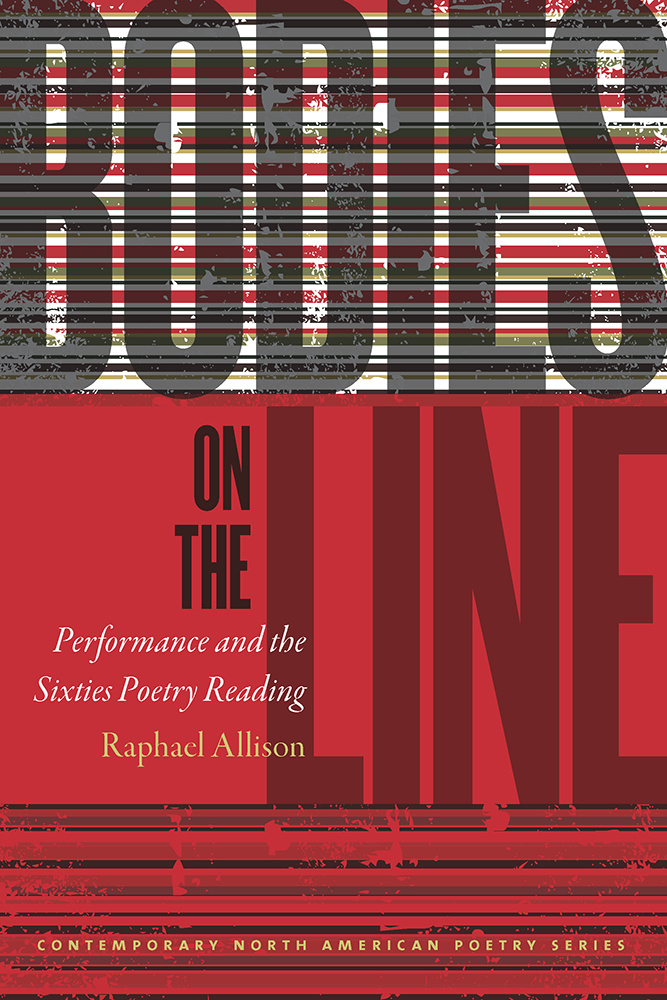Why have so many contemporary poets turned to source material, from newspapers to governmental records, as inspiration for their poetry? How can citational poems offer a means of social engagement? Contested Records analyzes how some of the most well-known twenty-first century North American poets work with fraught documents. Whether it’s the legal paperwork detailing the murder of 132 African captives, state transcriptions of the last words of death row inmates, or testimony from miners and rescue workers about a fatal mine disaster, Michael Leong reveals that much of the power of contemporary poetry rests in its potential to select, adapt, evaluate, and extend public documentation.
Examining the use of documents in the works of Kenneth Goldsmith, Vanessa Place, Amiri Baraka, Claudia Rankine, M. NourbeSe Philip, and others, Leong demonstrates how official records can evoke a wide range of emotions—from hatred to veneration, from indifference to empathy, from desire to disgust. He looks at techniques such as collage, plagiarism, re-reporting, and textual outsourcing, and evaluates some of the most loved—and reviled—contemporary North American poems. Ultimately, Leong finds that if bureaucracy and documentation have the power to police and traumatize through the exercise of state power, then so, too, can document-based poetry function as an unofficial, counterhegemonic, and popular practice that authenticates marginalized experiences at the fringes of our cultural memory.
“Refusing the isolation of artists and individuals in favor of interrogating social realities; refusing static categorization in favor of boundary-trampling risk; refusing the rarification of poetry in favor of the embedding of its practices in the larger humanities; and highlighting difficult works and works that have caused a stir, Leong’s volume shows documental poetry to be a messy, relevant, urgent, moving art.”—Journal of Modern Literature
“Michael Leong has given us a clear-eyed, usable account of what distinguishes and connects some of the most powerful—challenging, arresting, disturbing—works of poetry published in the twenty-first century. His discussion of ‘documental poetry’ as a poetics of and for this period of information overload is persuasive and compelling, written to reward readers interested in the aesthetic and the social lives of poetry. This is the kind of scholarship we need: the journey of a mind that is curious, rigorous, and generous, unfolding invitingly, fluidly, from the first page through the last.”—Evie Shockley, author, Renegade Poetics: Black Aesthetics and Formal Innovation in African American Poetry
“This book is a much-needed and well-researched historical overview of the large field and expanded field of what Michael Leong calls ‘documental’ poetry. As he patiently sorts through the noise that surrounds works such as Amiri Baraka’s ‘Somebody Blew Up America’ and Kenneth Goldsmith’s ‘The Body of Michael Brown,’ he also writes with nuance about some of the more heated arguments about race in contemporary poetry. And, while not all will agree with his conclusions, the result is a fearless study that gives these debates the care that they deserve.”—Juliana Spahr, author, Du Bois’s Telegram: Literary Resistance and State Containment
“Much twenty-first century U.S. poetry has relied extensively on source texts and ‘found’ material. Michael Leong’s Contested Records provides us with an excellent overview of this growing body of work. For instance, Leong shows us how conceptual poetry and documentary poetry, despite very different procedures and politics, connect in surprising ways. Leong presents lucid readings of an impressively wide variety of well-selected primary texts; he draws upon extensive research to contextualize them; and he employs diverse theoretical writings from literary studies, art history, and political theory to elucidate them. Contested Records is an important and incisive contribution to the literature on the poetry of our own day. It will educate scholars and poets alike.”—Joseph Harrington, University of Kansas



